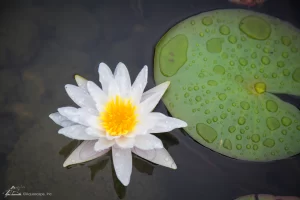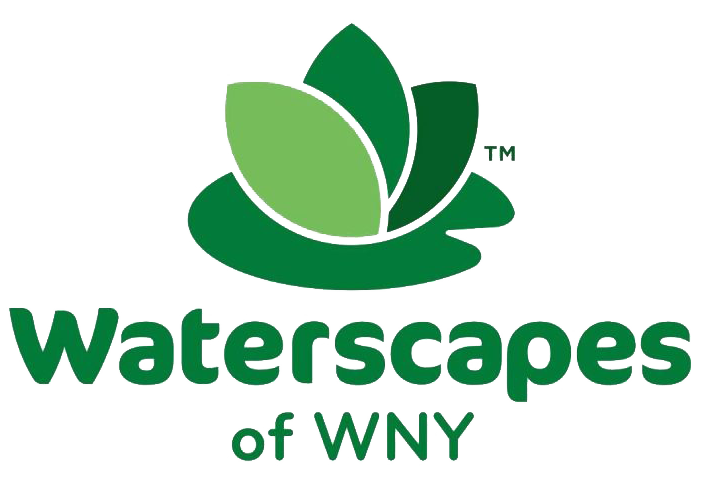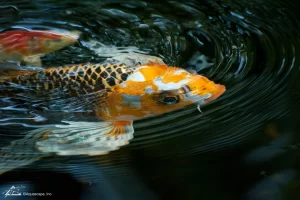Now that spring is almost here (thankfully!), you’re probably noticing some changes in your pond. Your fish are slowly coming back to life and you may even be able to see some plant growth. When you understand the transition that your pond makes from winter into spring, maintaining a healthy pond ecosystem will be so much easier!
You might be planning your pond cleaning soon – or scheduling to have your Waterscapes of WNY to do it for you. Don’t be concerned if you experience new algae growth after your pond is cleaned. It’s normal this time of year as your pond is balancing itself.
You can, however, perform some simple, important steps that can make the difference between a balanced pond with minimal maintenance and a pond that requires unnecessary maintenance. Although bacteria and plants don’t start growing properly until water temperature reaches 50°F, there are still some simple steps you can take to maintain a trouble-free pond.

The Plants
While growing, aquatic plants absorb a lot of the nutrients in the water, and this helps combat algae growth. Until they are actively growing, they have no use for the natural fertilizer lurking in the pond. But as they begin growing, they will start to out-compete the algae for nutrients, the algae will be starved, and the pond water becomes clearer. Another benefit that plants provide, particularly water lilies, is that they shade the surface of the water helping to keep the water cool, all while cutting down on the growth of string algae as well as green water.
Fish
Fish are also sensitive to water temperature, and as pond water warms up, you will see more activity, and be tempted to feed your fish. You’ve missed your fish all winter, but until the water temperature is consistently at 50° F, don’t feed them. Their metabolism is still in slow motion and they are unable to digest the food properly. If you do feed them and food cannot be digested, this can result in food starting to decay in the body of the fish, causing fish to become sick. When you do start feeding your fish, begin with small amounts of a quality fish food formulated for colder water temperature.


Leave a Reply